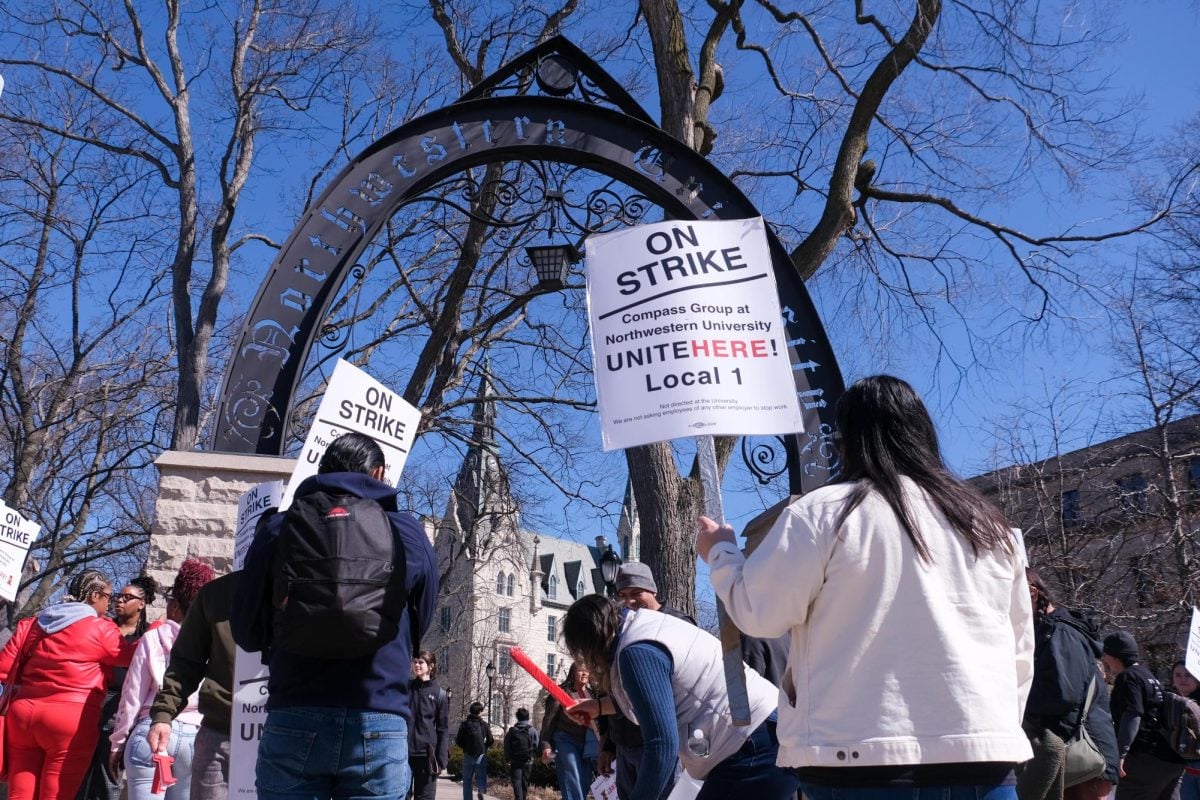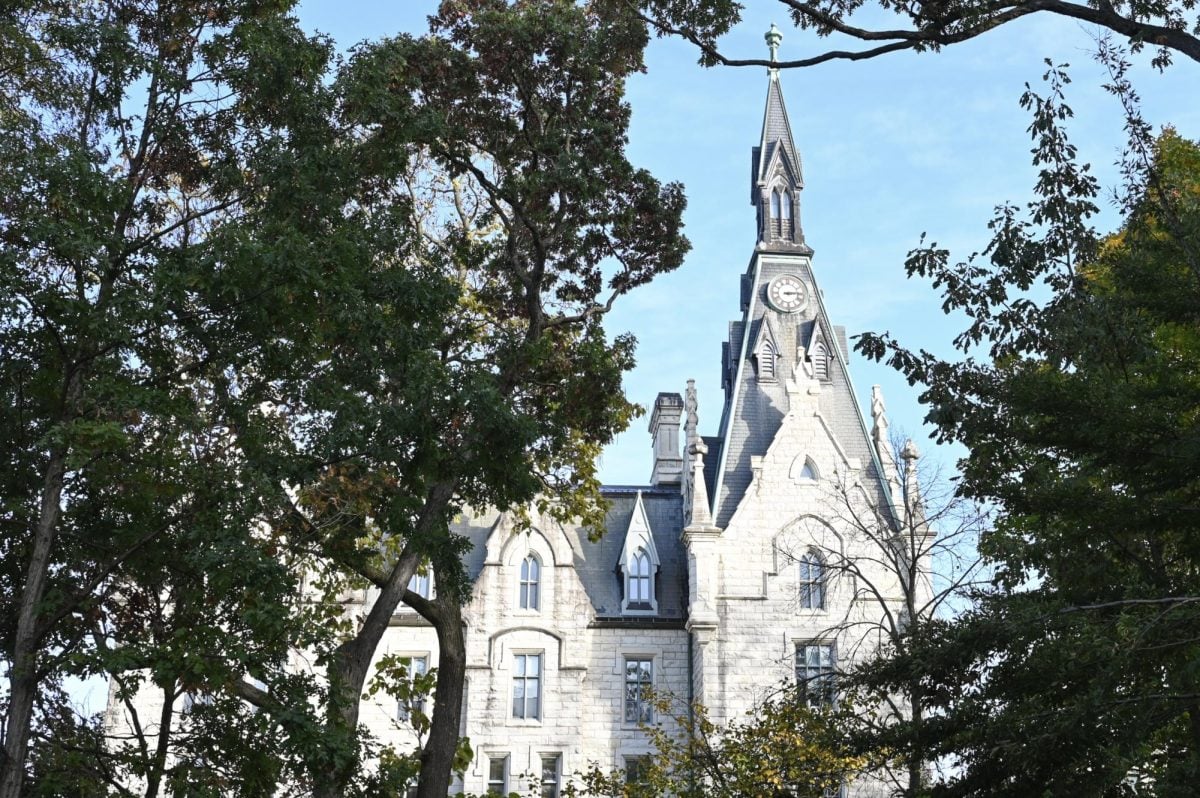The Buffett Institute for Global Affairs welcomed English Prof. Sarah Dimick to discuss climate change’s impact on the portrayal of nature in global literature on Wednesday evening.
Dimick introduced her new book, “Unseasonable: Climate Change in Global Literatures,” which was released this past October. The book traces the influence of climate on natural literature, ranging from Henry David Thoreau’s perspective on Walden Pond to Alexis Wright’s writing on Australian bushfires.
Born from her dissertation on the same topic, “Unseasonable” took Dimick 10 years to complete. She said the COVID-19 pandemic impaired her ability to travel for her research, but she still had the capacity to work with people from across the globe.
In her discussion, Dimick also introduced the term “climate arrhythmia” to the audience, which refers to environmental irregularities experienced at disturbingly premature or delayed times of the year.
Dimick worked with local residents in India to track arrhythmic phenomena over time. At the event, she read an excerpt from “Unseasonable” to the audience, in which she described her experiences with Palayam — a fisherman in Chennai, India. Palayam tracked litter patterns, temperatures and currents of the Bay of Bengal, sharing his observations with other local fishermen.
“It never used to be like this in my father’s day,” Palayam said in the book. “Seasons arrived as they ought to.”
Dimick said the increased frequency of these arrhythmias will exacerbate precarity in post-colonial countries — including India and Latin American countries — and that wealthy nations will not be safe from the climate crisis.
The event space was full of undergraduates, graduates and faculty, leaving some to take up standing room. The audience was responsive, asking questions on topics such as the effects of former President Joe Biden’s policies on climate change and even the crisis’s impact on music.
“We tend to think of climate change as an only political issue,” said sixth-year Ph.D. candidate Diana Elhard. “But it’s not only political, it’s a deeply unsettling cultural shift too.”
Buffett Institute Director Deborah Cohen said the institute aims to provide a holistic analysis of global affairs in its talks. She added that the institute often attracts audiences across NU departments that wouldn’t otherwise interact.
“Bringing together environmental humanities and engineers in the same audience is fantastic to see happening,” Cohen said.
Dimick also drew attention to literary efforts for climate change, including poetry performed at United Nations climate negotiations, emphasizing literature’s importance.
Climate change research for the book was also affected by constant development in the scientific community, Dimick said. Each time she finished a chapter, she said a new discovery would force her to revise her draft. She commented that future discoveries would likely outdate her work but is excited for new books that could reflect these changes.
“I would like people to realize that literature not only reflects on the changing climate, but also what we notice about it,” Dimick said. “It isn’t just a mirror, it shows what we pay attention to and what we don’t.”
Email: isabelpapp2028@u.northwestern.edu
Related Stories:
— Buffett Institute symposium focuses on implications of AI on geopolitics
— Global experts discuss reproductive rights at Buffett Institute’s first fall symposium
— Anne-Marie Slaughter discusses international law at Buffett Institute







